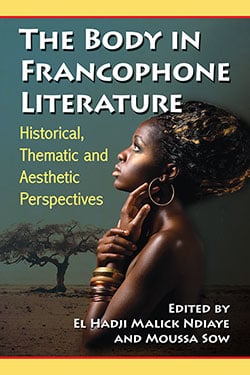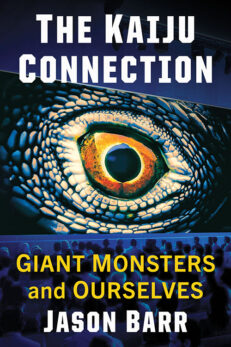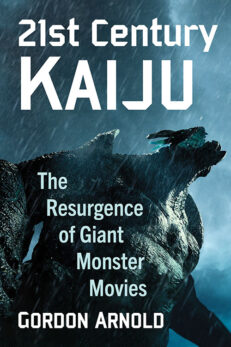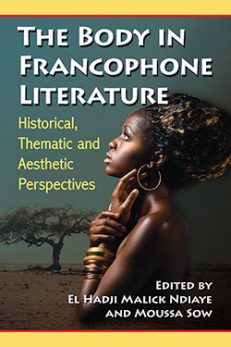The Body in Francophone Literature
Historical, Thematic and Aesthetic Perspectives
$49.95
In stock
About the Book
Much of Francophone literature is a response to an elaborate discourse that served to bolster colonial French notions of national grandeur and to justify expansion of French territories overseas. A form of colonial exoticism saw the colonized subject as a physical, cultural, aesthetic and even sexual singularity. Francophone writers sought to rehabilitate the status of non–Western peoples who, through the use of anthropometric techniques, had been racially classified as inferior or primitive.
Drawing on various Francophone texts, this collection of new essays offers a compelling study of the literary body—both corporeal and figurative. Topics include the embodiment of diasporic identity, the body politic in prison writing, women’s bodies, and the body’s expression of trauma inflicted by genocidal violence.
About the Author(s)
Bibliographic Details
Edited by El Hadji Malick Ndiaye and Moussa Sow
Format: softcover (6 x 9)
Pages: 184
Bibliographic Info: notes, bibliographies, index
Copyright Date: 2016
pISBN: 978-0-7864-9466-8
eISBN: 978-1-4766-2536-2
Imprint: McFarland
Table of Contents
Table of Contents
Foreword
Dominic Thomas 1
Introduction (El Hadji Malick Ndiaye) 7
Part I. Socializing Bodies
Perceived Body, Figurative Body (Isaac Bazié) 14
The Body of the Reader-Author: The Case of Michel Tremblay (Sara Bédard-Goulet) 26
Embodying Diasporic Identity: Materiality, Transformation and Creation in the Work of Abdellah Taïa (Ryan K. Schroth) 42
“Opacité charnelle”: Reading Botanical Metaphors of Creole Identity in Patrick Chamoiseau’s “L’esclave vieil homme et le molosse” (Nadège Dufort) 58
Postmodern and Postcolonial Francophone African Autofictional Strategies of the Writing of the Self (Karen Ferreira-Meyers) 72
Part II. Performing Bodies
Performative Bodies in Nina Bouraoui’s Garçon manqué (Ann-Sophie Persson) 84
Corporeal Expressions in Fatou Diome’s Writing (Moussa Sow) 96
The Diallobé and the Pulaaku: Ethnic, Ethic and Epistemic Use of the Body in Cheikh Hamidou Kane’s Novels (El Hadji Malick Ndiaye) 109
Part III. Violating Bodies
The Body Speaks: Naming Violation in Mujawayo’s and Belhaddad’s SurVivantes (Elizabeth Applegate) 126
Reading the Body Politic in the Prison Writings of Abdellatif Laâbi (Victor Reinking) 142
Nelly Arcan: Women’s Bodies and What Is Left (Anna Rocca) 155
About the Contributors 169
Index 171





